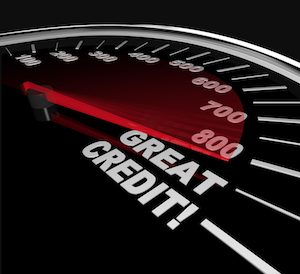
If you apply for a credit card, a mortgage or a car loan, you know the bank or other lender is going to run a credit report to find out two things:
- If you qualify for a loan
- If so, how much credit to extend and at what interest rate
It only takes seconds because creditors report your payment history to the three major credit bureaus (Experian, Equifax and TransUnion). All three make it simple to determine your creditworthiness.
Company Creditworthiness
Is a company a good credit risk? The process isn’t so simple.
In the United States, it’s easy to find a lot of information about the financial health of a public company, such as its stock price and history, as well as financial statements filed with the Securities and Exchange Commission (SEC). This information, among other data, is in the public record to help protect investors from fraud.
With private companies, however, assessment of financial performance is harder to find. Private companies are not required to make financial information available to the public.
That’s where business credit reports come in.
Business Credit Reports
Even for private companies, services that specialize in business information reports, such as Dun & Bradstreet and Experian Business Credit, can use public information to judge creditworthiness, such as:
- Lawsuits
- Liens
- Judgements
- Uniform Commercial Code filings
- Corporate registration data
That and other information, coupled with powerful algorithms, can help predict the likelihood of a company defaulting on payments or going out of business. That information can be used like a person’s credit report to determine how much money, if any, to loan a company.
But there are limitations.
First, services that provide business credit reports do not have a lot of information about smaller or newer companies. Sometimes a credit rating cannot be determined.
Second, we’ve found that, while these services are fairly accurate and can be a good resource, they do not replace firsthand public records searches done at the source. Those searches can uncover valuable information not found in business credit reports, including:
- Criminal records
- Litigation records
- Liens and judgments
- Media stories
This and other information from a comprehensive public records search can give a better idea of a company’s creditworthiness.
The bottom line: Whether you’re assessing a company’s creditworthiness for a possible investment or to use them as a vendor, it pays to do your due diligence thoroughly. Using business credit reports as part of your overall program can yield valuable information at a relatively affordable price.












